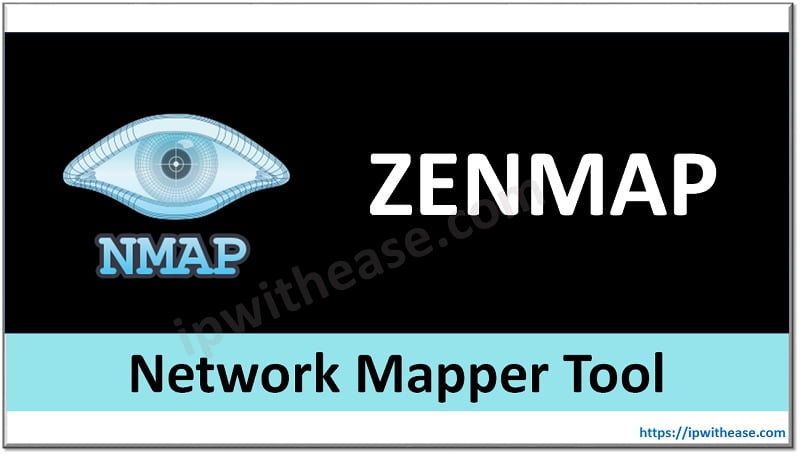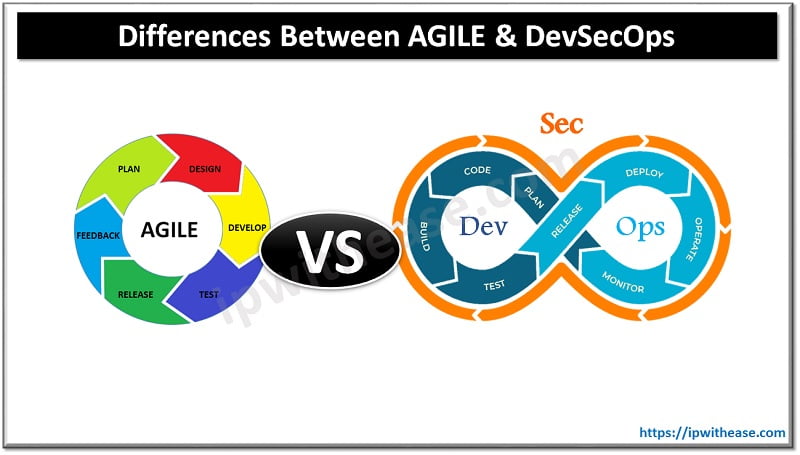Table of Contents:
In this era of ever-expanding commerce and rapidly evolving digitization strategies, it has become the topmost priority for businesses to achieve fluency and flexibility in terms of content management. Be it to foster greater efficiency in the overall arrangement of workflow, achieve smooth collaborations, or make customer-centric working interfaces, large businesses are employing enterprise content management (ECM) platforms.
These platforms will collect, organize, store, and utilize their data in ways that will make operations easier from their end as well as provide a unified basis for customer interaction and collaboration. Moreover, with the rising hazards of data breaches with digitization, enterprise content management solutions will also make secure allocation of content possible.

Why Do Businesses Need Integrated Content Management?
In modern large-scale firms and establishments, diverse forms of content in terms of business stats, workflow planning, exchange bills, spreadsheets, contracts and a host of others have to be managed and updated by different departments. Such a huge stock of paperwork can never be organized successfully and runs the risk of mismanagement and safety constraints.
Even digitally, the management of content in such bulk in traditional ways becomes time-consuming and recurs huge costs. Online ECM platforms provide various solutions in which content allocation and management become much more flexible for firms-
- ECM platforms help businesses create a unified digital workplace to keep employees abreast of all contextual information and provide them with easy access to content. This way they can hold more efficient and productive interactions with customers, collaborators, and stakeholders.
- They decrease the companies’ dependence on paperwork and paper records thus enabling them to achieve higher efficiency and productivity. In this way, even in cases of significant inconveniences that might arise, companies will not lose time and assets in recovering lost or mismanaged data. ECM platforms thus reduce the risk of significant interruptions in business by creating a secure repository for all content.
- Advancement in technology has created new business opportunities with the association of mobile apps, cloud software, and other kinds of remote operation strategies. Moreover, through social media and video platforms, newer types of content are being generated. Enterprise content management solutions help firms achieve newer horizons in advanced business by adapting to these new processes.
How Do Integrated Content Management Solutions Benefit and Empower Businesses?
To achieve a successful digitized arena of work in terms of content management strategies, it is important to capture, digitize, and distribute content in a way that effectively helps to employ data properly across all contexts in business operations and consumer interactions. An ECM platform does all this by streamlining content operation through various strategies like automation of workflow, creation of a secure repository for data with access measures, and employing the newest technology to enable smooth file-sharing and data processing. A few of how these platforms work to benefit and empower businesses with greater potential are-
- Content Life-Cycle Management: This lets the business create, manage, archive, and share various kinds of content with access from anywhere at any time. This creates an absolute management of information with flexibility of access and deliverance of content across all devices and channels.
- Business Process Digitization and Automation: All front and back-end business processes like onboarding of employees, creation, and exchange of invoices, handling grants, and financial processes will be exponentially smoother with the intelligent capturing and extracting process of ECM platforms. Moreover, automation of business tasks will lead to more precision, accuracy, and speed in operation.
- Intelligent Content Diagnostics: By employing the latest technology like AI, machine learning, technological analytics, and robotic automation processes, ECM platforms provide absolute efficiency in business interactions and help to achieve smart business decisions.
- Governance and Compliance of Information: ECM platforms help to minimize business risks by ensuring compliance with various regulatory requirements. They also minimize business risks by creating a secure repository of critical data and documents, preventing unauthorized access, and enabling long-term retention of enterprise records.
Conclusion
Recent times have seen an increasingly forward thrust towards the employment of modern technology like smart machine analytics, AI intelligence, and automated digital processes in commerce. To achieve smart business in a smart age, companies need newer and more effective solutions for content organization. Enterprise content management platforms are being employed on a huge scale by new and growing businesses to achieve new horizons in smart business.
By storing content securely, enabling smooth business interaction with the use of machine learning, robotic automated processing of data, and digitized content-sharing across channels, ECM platforms help to create a unified, connected, and flexible digital workplace for businesses.
Continue Reading:
10 Best SEO Tools You Can Use to Get an Edge On Competition
10 Best Digital Marketing Tools
ABOUT THE AUTHOR
IPwithease is aimed at sharing knowledge across varied domains like Network, Security, Virtualization, Software, Wireless, etc.


